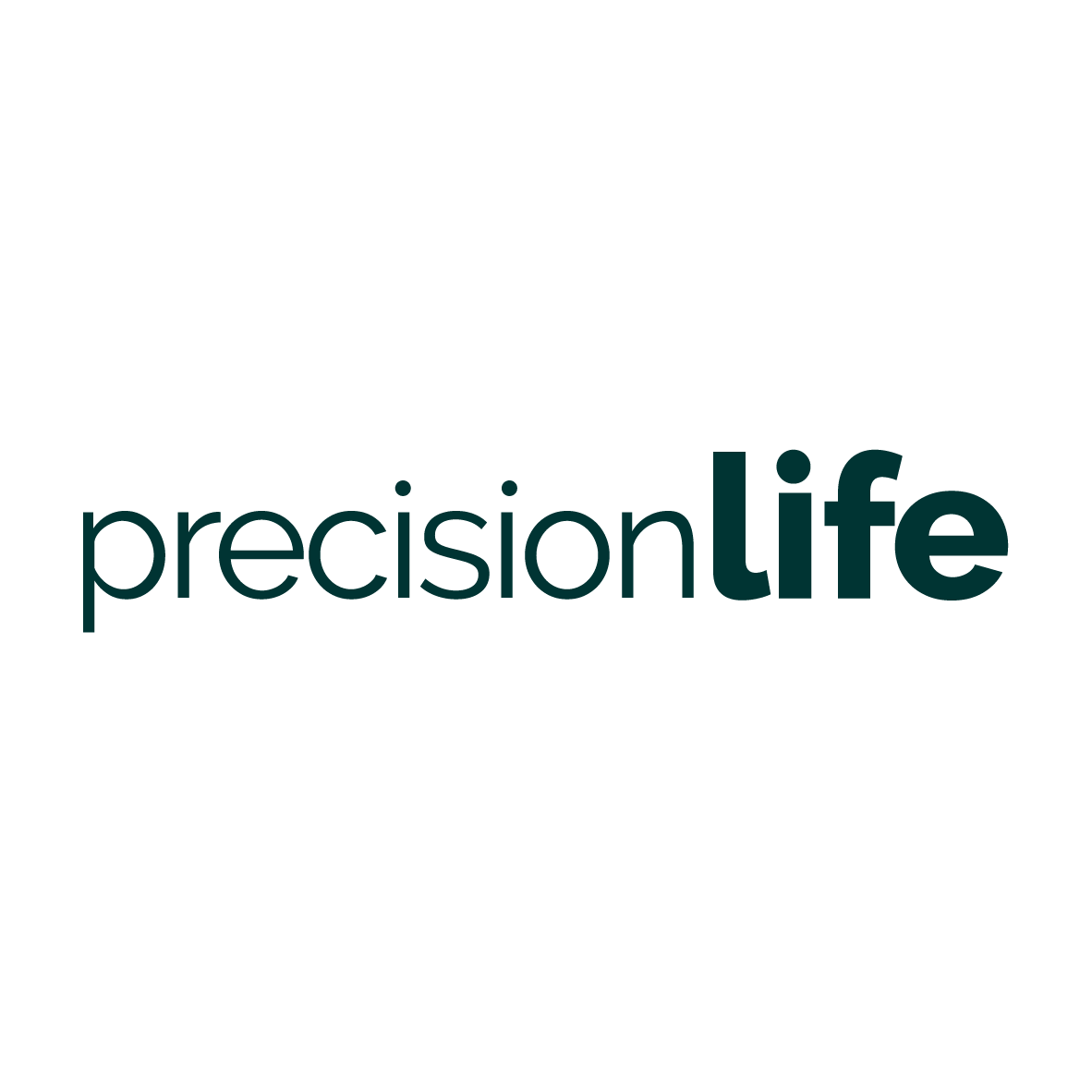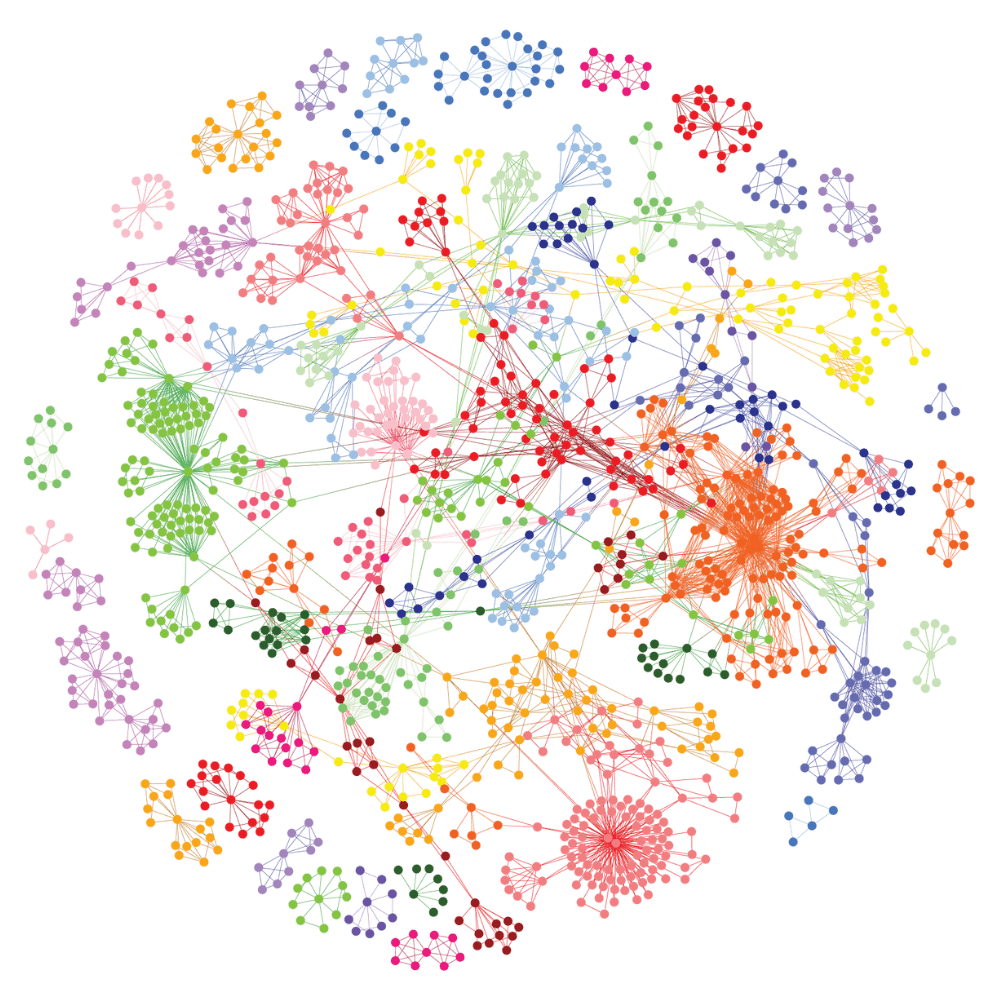Why partner with us
Understand the disease biology of your member and patient populations
More accurately predict and diagnose disease in individual patients
Identify high-risk individuals and select the best treatments
Partner benefits
Our healthcare partners benefit from deeper understanding of their focus diseases and from the development of new drugs, faster and cheaper clinical trials, and better identification of high-risk patients.
Together, we help bring new therapeutic options to patients and improve health outcomes while lowering the cost of delivering care and benefiting from a share of the revenue from new drug treatments.
About our partnering opportunities

Who do we work with?
We work with academic medical centers, patient groups and disease associations to access novel data sets that drive our disease studies and precision medicine insights.
We also work with healthcare organizations to help them better understand the complexity of chronic disease in their member and patient populations.

In which disease areas?
We have analyzed over 40 chronic diseases, such as dementia, diabetes, cardiovascular, respiratory, and autoimmune disorders, and are adding 2 more every month.
We are always interested in new datasets that incorporate clinical and ‘omics data in chronic diseases. Our partnering model recognizes the value of these datasets, and the trust patients place in us by providing their information to improve understanding of their disease.

How do we partner?
Large hospital and payer groups are increasingly gathering large-scale data sets incorporating ‘omics, digital health, clinical and other datasets.
We partner with these organizations to identify high-risk individuals based on our deep understanding of chronic disease biology and mechanisms. We recognize the move towards value-based care and have adopted a shared risk model to align with our partners’ evolving business models.

text


text

Who do we work with?
We work with academic medical centers, patient groups and disease associations to access novel data sets that drive our disease studies and precision medicine insights.
We also work with healthcare organizations to help them better understand the complexity of chronic disease in their member and patient populations.
In which disease areas?
We have analyzed over 40 chronic diseases, such as dementia, diabetes, cardiovascular, respiratory, and autoimmune disorders, and are adding 2 more every month.
We are always interested in new datasets that incorporate clinical and ‘omics data in chronic diseases. Our partnering model recognizes the value of these datasets, and the trust patients place in us by providing their information to improve understanding of their disease.
How do we partner?
Large hospital and payer groups are increasingly gathering large-scale data sets incorporating ‘omics, digital health, clinical and other datasets.
We partner with these organizations to identify high-risk individuals based on our deep understanding of chronic disease biology and mechanisms. We recognize the move towards value-based care and have adopted a shared risk model to align with our partners’ evolving business models.



